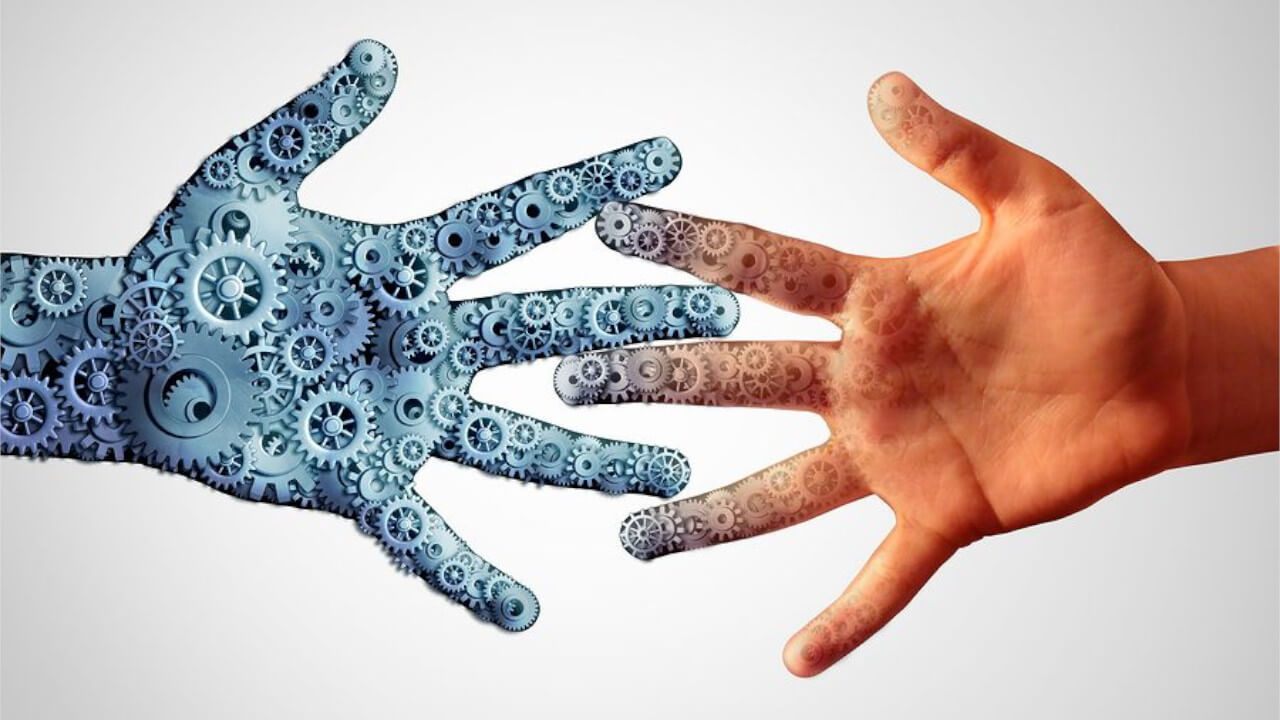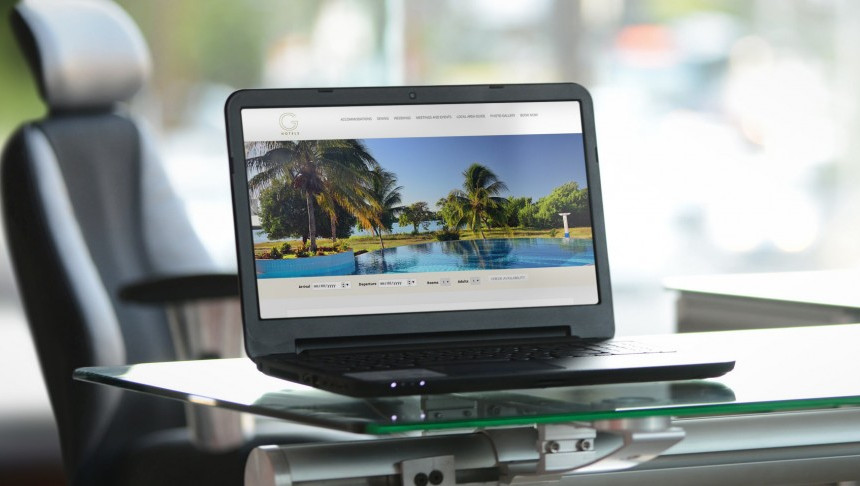
As technology continues to transform the hotel industry, one fixture remains a puzzling constant: the front desk. Step into the typical 50- to 200-room hotel, and you’ll usually find a tall counter where a guest makes a deposit and picks up a room key.
The persistence of the front desk seems odd. How could this antique setup defy so many trends?
Consumers ignore the box office when booking tickets for a concert or a movie. They have learned to skip the airline counter when flying. They no longer expect to find a sales counter when buying an iPhone at an Apple store.
Yet the front desk of 2018 is much like the front desk of 1928. It has merely ditched the bell and added a Dell.
The desk itself is outdated. Hotels no longer need a high barrier to keep robbers from stealing cash.
Hostile Reception
It wasn’t supposed to be like this. Two reports sponsored by travel tech company Amadeus in 2010 and 2011 predicted that hoteliers would either promote or fire the front desk.
Today, threats to the status quo are intensifying.
Many consumers want to interact with hotels flexibly, whether by texting to request an early check-in or by unlocking their guest room with keyless entry powered by a mobile app.
Another force for change is the age-old desire to cut labor costs through automation.
But in a surprise, the front desk may be wrenched out of the floor by something new — a backlash against Big Tech.
In the past year, gateway platforms to internet services such as Facebook, Google, WhatsApp, Twitter, and YouTube are facing blowback from consumers, media, and regulators for having abused their trust. As Skift noted in January, a new skepticism about Big Tech has implications for travel.
Treating a traveler as nothing more than a walking, talking, grab bag of preferences, attributes, and emotional buttons to be exploited for upselling will backfire on hoteliers.
The front desk is one place where the permanxiety about Big Tech has a practical application.
As Skift has said, “The travel industry also needs to rethink its chase of digital tools and services as a proxy to the human experience, and build real social experiences as part of the social spaces it incorporates.”
Robotically reciting a script while looking down at a computer screen is out of sync with a broader cultural shift by people not wanting to be treated like gadgets — a shift that’s likely here to stay.




